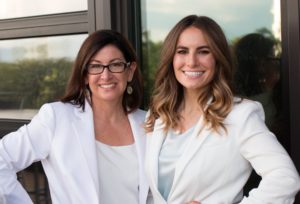How I survived Grad School with a Learning Difference (and overachieving perfectionitis)

Although I have worked with students and their families for years on self-advocacy around learning differences, I rarely discuss my own history. This is partly because I do not wish to shift the attention to myself and partly because my identity as a learner is so much more than my deficits.
Still, I am coming “out of the closet” on this matter because I learned a lot of lessons—most, the hard way. In writing this, maybe I can offer ideas and hope to others.
Okay, here we go.
Expect to work your butt off.
Expect that you will likely have to work harder and longer than most of your peers. Most graduate programs are hard. They are harder if you have any kind of deficit.
Know thyself… as a learner.
This is so important. You must know your strengths and weaknesses on many levels. Practically speaking, you need to know how you operate so you can function optimally. For example, knowing the environment in which you study best, or how best you study for exams. You may decide, with a physician, that you will benefit from pharmaceutical intervention. Know thyself!
Just do you.
Be strategic about capitalizing on your strengths and reducing risk with regard to weaknesses. If you are in graduate school, you may be the slightly “overachieving type.” But try to temper this with being the “realistic type.” My first semester, I had a health issue that I knew would take significant time from my studies and so I dropped a class. Your main priority, in my view, is success and sometimes that may mean humbling yourself to acknowledge you cannot do it all. There was a remarkable student in my program who was pregnant, commuting two hours every day each way, and carrying a full course load. I admired her immensely but also knew I would self-destruct if I didn’t accept my limits.
Protect yourself emotionally.
You have made it to graduate school—secretly, you may be certain that someone made a mistake in admissions. There may be professors who will wonder the same. But, protect yourself. Remember you may have weaknesses, but they actually give you depth as a human being. Further, you are doing everything in your power to remediate them. Remember you have strengths that others do not. Have faith in yourself that you will finish and move on successfully. Consider seeking support from university counseling, which I did to help me manage my anxiety around my difficulties. Also, choose the company you keep wisely. No one in my program was a slacker, but I tried to hang out with people who didn’t take themselves too seriously. They worked hard but didn’t freak out. They helped me keep my head on straight.
Take advantage of every resource available.
Although I was “authorized” by the office of learning support to receive extra time and a few other accommodations (there aren’t that many at that level), I only formally requested and utilized it a handful of times on exams (e.g. highly technically exams—I knew those were the hardest for me). Honestly, it probably would have benefited me on other exams but circumstances did not always make it easy. Additionally, be creative and humble about seeking support from a wide range of sources (e.g. consider outside tutors, coaches, counseling, etc.).
Take advantage of professors’ generosity but don’t take advantage.
I have humbly asked for and generously been offered a few informal “breaks” in my time. Many professors –they know who they are!– provided me extensions and other accommodations. Assignment expectations never changed. It is your job, as a student, to gratefully accept these allowances in a non-entitled way. Then you must do your very best to uphold your end of the deal. If you are still struggling to uphold your end, be clear in your communication with professors to let them know where you are.
Don’t feel obligated to share your difficulties.
Sharing your “diagnosis” is a very personal decision. You may wish to share with friends or professors, and you may not. My advice is to pick and choose whom you trust because sadly, even in special education, some may come to view you specifically through that lens. It is up to you!
Accept that there will be setbacks directly related to your “disability.”
I used to feel terrible when lab instructors deducted points for “careless mistakes” when I had triple-checked my work. In fact, my best wasn’t always good enough—but it was good enough most of the time. Either way, early on, I decided I was going to do my best and (try) not to look back.
Develop relationships with professors.
This advice is for all students. There were some professors who made life difficult for many students. Those types are always out there. But some of the most rewarding and enriching relationships in my life have been with professors. And as they get to know you, they will accept you for who you are. They will take a special interest in helping you grow as a student and a professional. And if you have a learning difference, or any special circumstance, they will warmly support you through that. These relationships, along with hard work, are really the “secret” to my success as a learner.
And finally…
My final piece of advice (for now!): accept that your challenges make you stronger. Accept that your best will likely not be good enough some of the time. But most of the time, it will be more than enough. Because you know what? No one made a mistake in the Admissions Office.
BONUS TIP!
Have fun!! Make friends!! Choose a fun lab partner! Go to Therapy Thursday (or the equivalent dollar draft night)! I am so lucky to have made lifelong personal and professional friendships. I love you TC 🙂
related blogs: Is My Teenager Ready for College?













